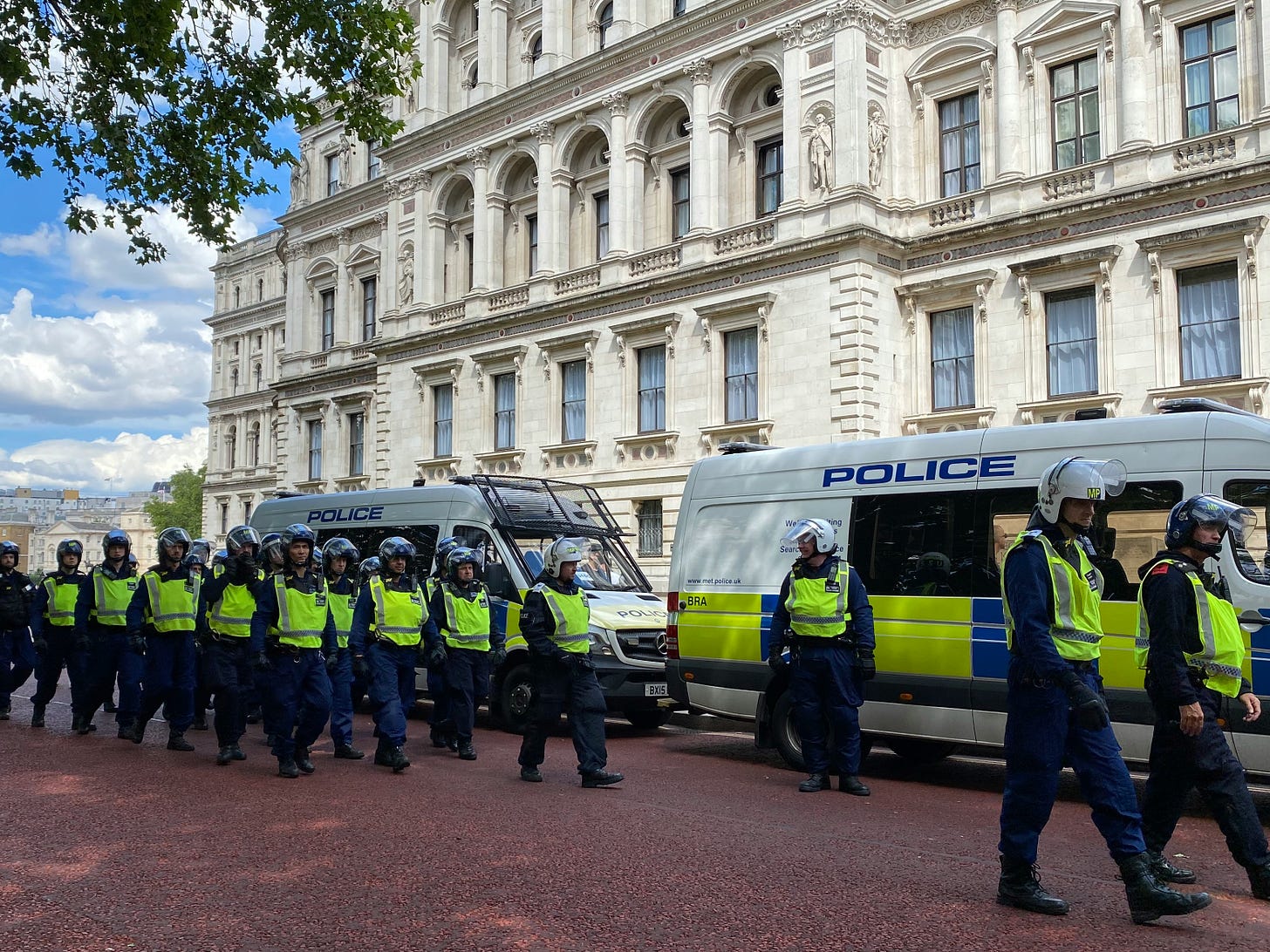The Lead Untangles: The right to protest and the laws it does not supersede
Protests – right across the political spectrum – are likely this weekend. But why are so many protestors ending up on the wrong side of the law?
The Lead Untangles will be delivered via email each Friday by The Lead and focuses on a different complex, divisive issue with each edition. The entirety of The Lead Untangles will always be free for all subscribers.
Keep reading with a 7-day free trial
Subscribe to The Lead to keep reading this post and get 7 days of free access to the full post archives.




